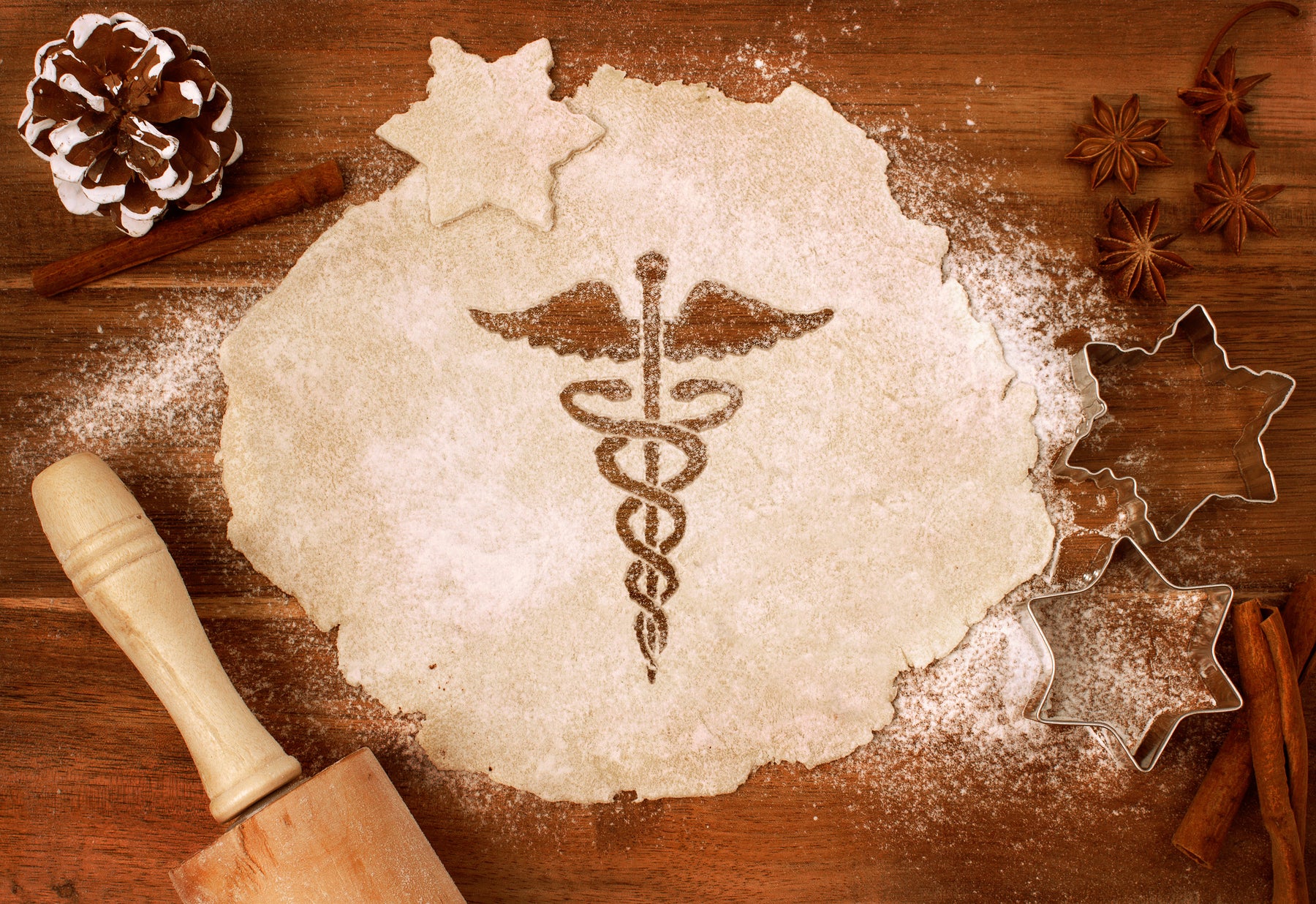

The Lows of the Sugar Highs (Holiday Edition)
December 21, 2022
The holidays are filled with sugar and spice and everything nice, but excessive consumption of festive food and drinks can make us feel like anything but nice.
In fact, the tasty food and drinks that are commonly part of holiday celebrations can actually contribute to making us feel depressed. The culprit here is carbs, namely sugar. Sugar is in so many of our favorite holiday foods, like cookies, cakes, candy, and even items you may not immediately think of, like the glaze on a ham or a glass of eggnog. Many of our favorite holiday foods, even if not very sweet, do still contain a large amount of carbs.
The problem with carbs and sugar is that they cause inflammation in the body, and the more of these you consume, the more inflammation will occur. We are increasingly understanding depression to be a disease of neuroinflammation and increasing inflammation in the body risks worsening this.
As I mentioned in the previous article, the stress and pressure of the holidays can lead to people feeling overwhelmed and ultimately developing some form of depression. You’ve probably also heard the term sugar high, and the issue here is that consuming carbs, particularly sugar, may give you a temporary burst of energy, only to possibly be followed by a crash. And when we crash, so does our motivation to do things that help prevent and fight feelings of depression - like staying active or getting some exercise, or doing other forms of self-care like mindfulness practices. Such a crash might also interfere with completing all the tasks we take on during the holiday season, like baking, decorating, and shopping for presents, and getting behind on these things can only lead to more stress. Bit of a vicious cycle, isn’t it?
As we all stay busy during the holidays it’s important to eat so that we have good, sustained energy so we don’t have crashes, nor the emotional highs and lows that go along with consuming too much sugar.
Another major source of carbs and sugar that many people overlook is alcoholic beverages, which are also commonly consumed during the holidays. It’s easy for this to slip under our radar as alcohol products usually don’t have any nutritional information on their packaging.
Beer typically contains several grams of sugar per bottle, and some non-alcoholic beers can have as much sugar as soda. Wine can contain in excess of 30 grams of sugar per glass, and even dry wines can sometimes contain as much as 10 grams. Mixed drinks vary widely, but a single drink can easily have as much sugar as a can of soda.
Beyond the sugar, the alcohol itself, especially when consumed heavily, contributes to a person feeling depressed. Alcohol use can amplify our emotions, including sadness and anxiety. It does this by altering brain chemistry in a number of ways and over time the production of neurochemicals like dopamine, which contributes to feelings of happiness, decreases. Alcohol also interferes with getting good quality sleep, which also promotes depression.
If you find yourself feeling more bah humbug and less joyful during the holidays, give us a call. Here at TLC, we can help with improving your diet and removing inflammatory foods, managing your emotions, or with drinking too much, and we would love to give you a hand with any of these problems.


